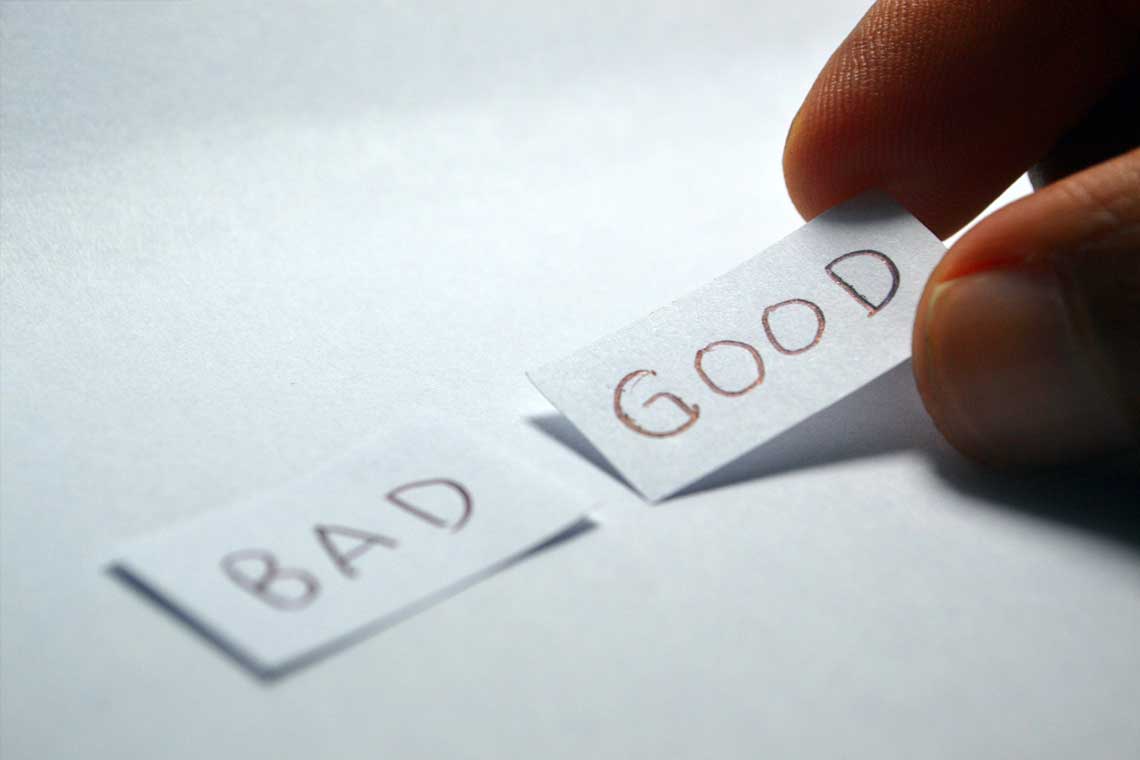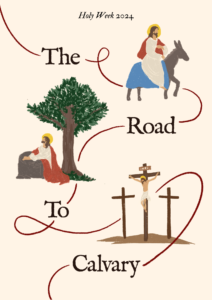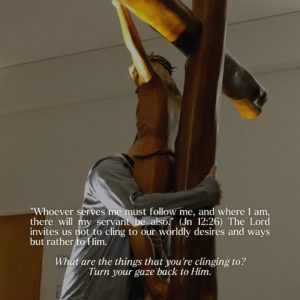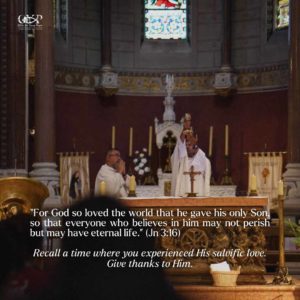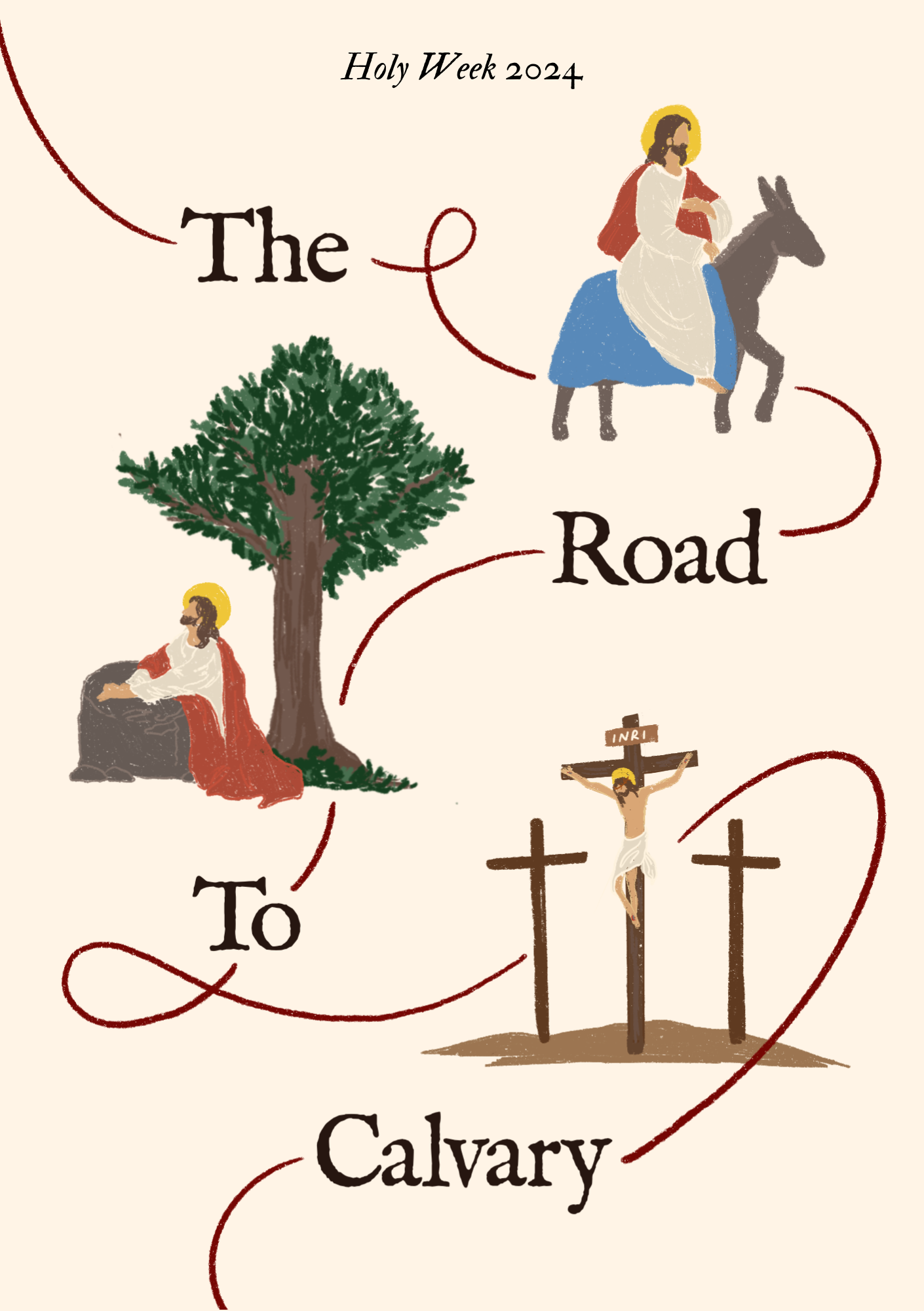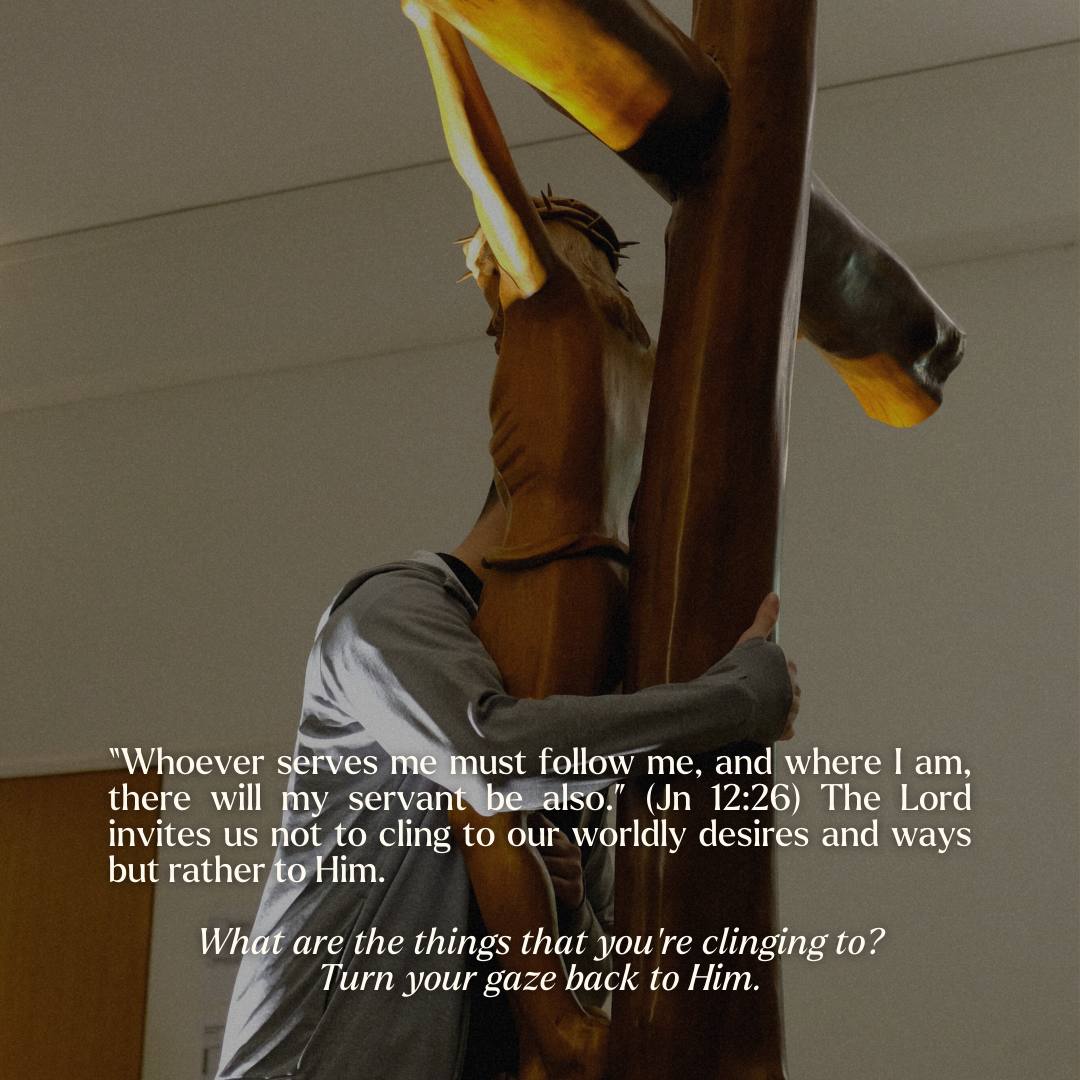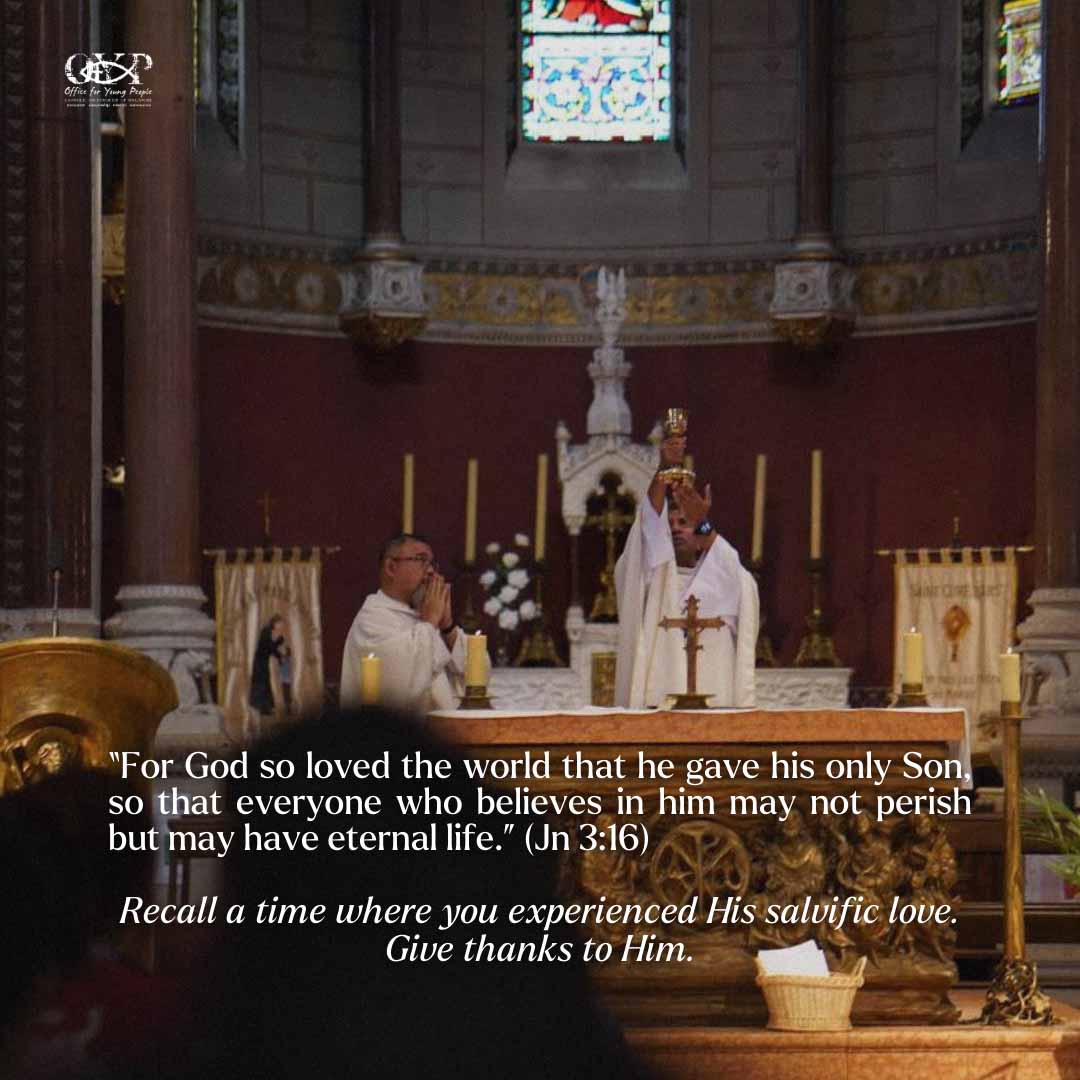by Nicholas Siew
The Call to Holiness
We yearn to be free from sin and to live a life of holiness but do we know what we are fighting against? Or what we are fighting for? Do we know what holiness means?
In the Old Testament, the Hebrew word for holy is Kadosch which meant being separated from the secular or profane, or dedication to God’s service[1]. Being holy means to be separated from sin and evil, and therefore to be consecrated to God.
The next step is in knowing why we must be holy. God is perfectly holy and in His holiness He calls us to be holy and blameless before Him. “But just as he who called you is holy, so be holy in all you do; for it is written: ‘be holy, because I am holy.’” (1 Peter 1:15-16)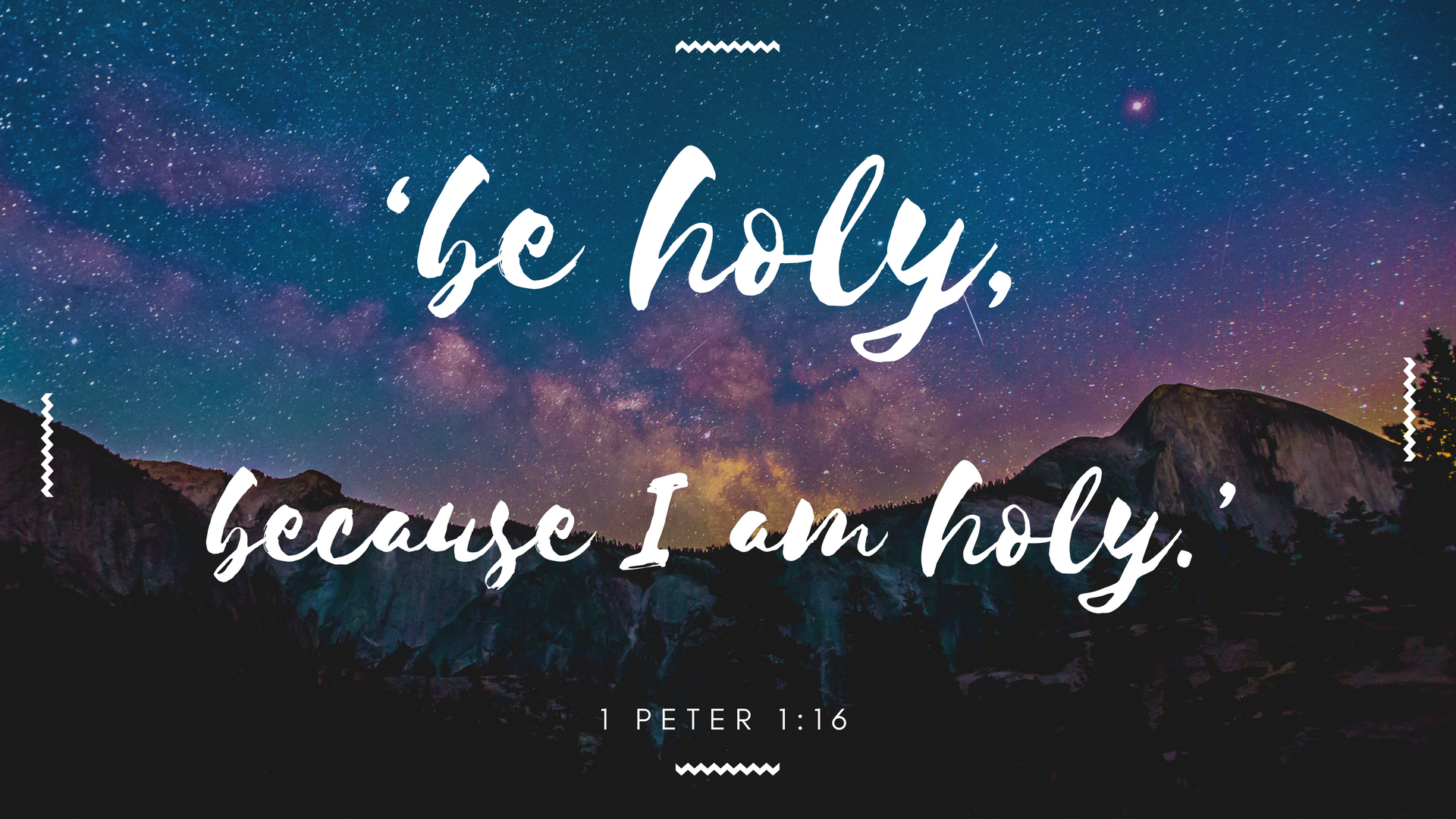
Thus, holiness does not mean, as so often thought, just adhering to a list of do’s and don’ts, but it consists “in thinking as God thinks, and willing as God wills.”[2]
Hence, sin is an act of rejecting God. It’s about knowing what God wants for us but choosing to disobey Him and pick our evil desires instead. Sin sets itself against God’s love for us and turns our hearts away from it. Sin is an offence against reason, truth and right conscience; it is failure in genuine love for God and neighbour caused by a perverse attachment to certain goods[3].
God rightfully demands perfect holiness in all of His moral creatures. He cannot possibly ignore or approve of any committed sin. Such is His perfect standard of holiness. We often hear this phrase “God hates the sin but loves the sinner” but just as often we only focus on the second part. To grow in holiness, we must cultivate in ourselves too, the same disdain for sin as the Father, to hate our evil desires and fall in love instead with God’s will.
Let us consider how we can purify our own attitudes towards sin.[4]
Is Our Attitude Toward Sin Self-Centered or God-Centered
We may be more concerned about attaining “victory” over our sins than the fact that sinning grieves the heart of God. We cannot tolerate failure in our struggle with sin mainly because we are success-oriented, not because we know it offends God. I too used to struggle with this, seeking to be holy just for the sake of being holy, to feed my own spiritual pride. Pursuing holiness with this self-centred drive will not bring us far, as our human strength is incapable of defeating sin alone. We should purify our intentions, seeking to be holy because of our love for God and our desire to seek His will, and knowing that sinning grieves the heart of God.
Do We Take Sin Seriously?
We may have mentally categorized sins into that which is unacceptable and that which may be “tolerated a bit”. Doing so, we settle for mediocrity in our Christian life, seeking to be less sinful instead of being holy, free from sin. We are contented with being “more holy” than the people around us. We shake our heads at people who commit “sins that are graver” such as adultery or murder, and excuse our “small sins” of gossiping or watching pornography and think that we are in a better place. God detests all sin, mortal and venial alike, and calls us to be pure and free from all sin. There is no room for mediocrity in the call to holiness! If we have a legalistic view on sin, we may well be tempted to measure what we are doing against the letter of the law and ask “Is what I’m doing a sin yet? What constitutes an addiction? How far can I go before it becomes a sin?” If we find ourselves playing around the “borders of sin”, we miss the point of God’s commands. God is not just calling us not to sin, he is calling us to live an abundant, full Christian life. Holiness is about loving God and desiring Him more than anything else.
Do We Take Ownership and Responsibility For Our Sins?
When we fall, we give the excuse that we are human and it is only expected that we fall. Yes, failure will be present in our pursuit of holiness, but it should never become an excuse, because Jesus has already freed us from the reign of sin by dying on the cross. He has also provided us the Holy Spirit who will help us in our daily battle. We are to take responsibility of our sin, we must acknowledge that when we sin, it is not that we were inevitably defeated by sin, but because we had chosen to disobey God. You cannot say to a slave, “Live as a free man”, but you can say that to someone delivered from slavery. Similarly, Jesus has already freed us, but it is our choice whether to continue acting like a slave. It will not be easy, as we have formed habits of slavery, habits of sin, and it requires discipline and training to create habits of living like a free man. But it is definitely not impossible with God!
Therefore, We Must Make Deliberate Changes in Our Lives, in our Habits
We can’t expect to go back into the same lifestyle, expecting not to sin again. We must make changes that lead us to life of holiness. “Neither do people pour new wine into old wineskins. If they do, the skins will burst; the wine will run out and the wineskins will be ruined. No, they pour new wine into new wineskins, and both are preserved.” (Matthew 9:17) We must move out of the environment that causes us to sin. If going clubbing makes you vulnerable to the sin of lust, stop clubbing. If hanging out with certain friends cause you to sin, then you need to seriously discern if God is asking you to bring Jesus to them, or to find another group of friends that help you in your life of discipleship. At the same time, it is not just about making steps to move away from environment of sin, but more importantly it is also about positively cultivating a lifestyle that helps us to grow closer to Jesus. It could be having a community, going to the adoration room more often, or to set aside half an hour every night in prayer to just be still and be in God’s presence. Basically, to make active and intentional steps into living a life of holiness.
God is always calling us to repent, to turn back to Him, to receive more of Him, more of His forgiveness and more of His never-ending love. He wants to free us from our guilt, our self-condemnation, and is calling us to leave all these at the foot of the cross and to follow Him.
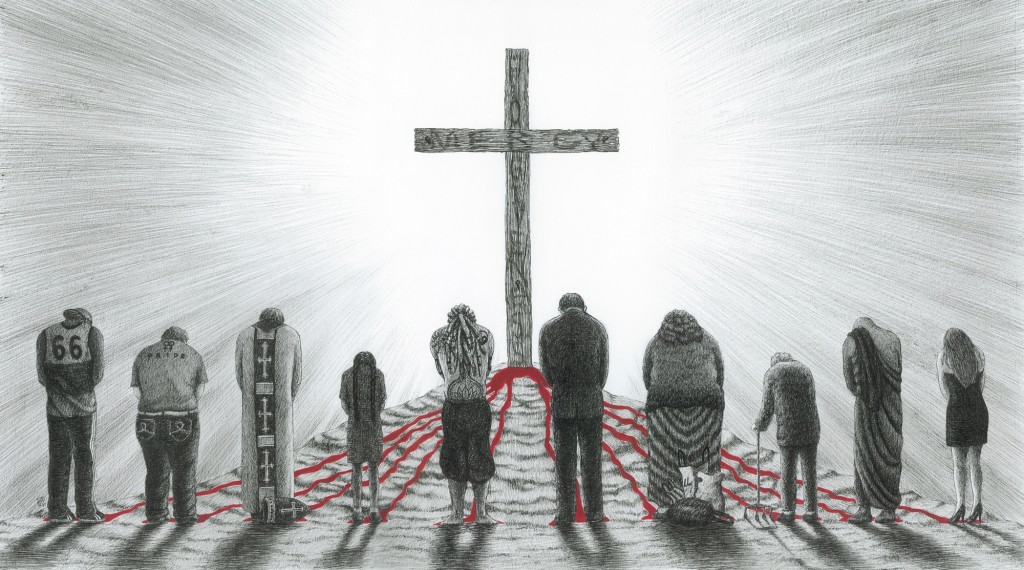
Will you take action today? To stop saying “tomorrow will be the day that I change” knowing that tomorrow will never come. Will you strive to be perfectly holy as God calls us to be, instead of settling for mediocrity? Now is the favourable time, now is the day of salvation!



